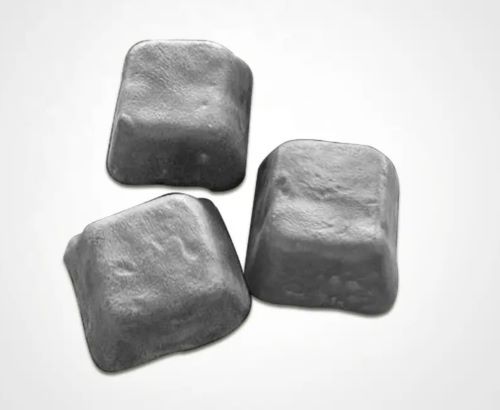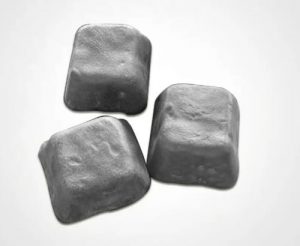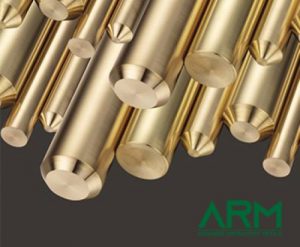Master Alloys Used as Additives

Introduction
Master alloys, made from two or more elemental metals, are used to introduce specific elements into the final alloy. Their characteristics, such as hardness, strength, and even color, are rather different from the constituent elements.
Master alloys are commonly utilized as additives to improve the properties of alloys for a wide range of applications. It is necessary to employ master alloys since most pure metals are not suited for technical applications. For instance, pure gold is extremely soft, so a jewel made of pure gold can bend easily if treated without care and caution. Therefore, master alloys are used as additives to enhance the properties of pure metals and make them more suitable for various applications.
In this article, we will discuss different types of master alloy additives and their benefits. Hope that you can have a better understanding and select perfect master alloy products for your business and research.

Master Alloy Ingots
Types of Master Alloys Used as Additives
--Aluminum-based Master Alloys
One common type of master alloy employed as an additive is aluminum-based alloys.
These master alloys consist of aluminum as the base metal, to which controlled amounts of copper, magnesium, manganese, silicon, and zinc are added. The addition of these elements can improve the strength, hardness, and corrosion resistance of the resulting alloys. Moreover, the use of aluminum as the matrix metal allows for the production of lighter-weight alloys, making them ideal for use in the aerospace and automotive industries.
Aluminum copper master alloys (see Figure 2) are the earliest aluminum base master alloys. It is applied to aluminum alloy smelting. It also serves as a cheap alternative to copper wires. You can manufacture sheets, aerospace structural parts, and engine piston wheels with aluminum copper master alloys. There are many more quality aluminum-based master alloy products on our website. For more information, please check https://www.refractorymetal.org.

Aluminum Copper Master Alloys
--Titanium-based Master Alloys
Another popular master alloy used as additive is titanium-based alloys. These alloys typically consist of a combination of titanium and small amounts of other metals, such as aluminum, tin, molybdenum, and vanadium. These master alloys can promote the strength, corrosion resistance, and high-temperature properties of other alloys, such as steel, making them suitable for use in the medical, aerospace, and military industries.
Advanced Refractory Materials (ARM) offers titanium 5553 master alloy (Ti-5Al-5Mo-5V-3C) at reasonable prices. This type of Ti-based master alloy can be used as the material of aircraft skeletons, aircraft landing gear, and medical equipment. Send us an inquiry if you are interested.
--Other Master Alloys Used as Additives
Other types of master alloys used as additives include copper-based alloys, nickel-based alloys, and cobalt-based alloys. Copper-based alloys are extensively used in brass and bronze alloys, while nickel-based alloys are applied to improve the high-temperature properties of stainless steel and other alloys. Cobalt-based alloys act as additives to increase the wear resistance and high-temperature properties of other alloys.
Benefits of Master Alloy Additives
The benefits of using master alloys as additives are numerous. Here are some of them.
- --Enhanced Properties: Most importantly, they allow for the production of alloys with improved mechanical, physical, or chemical properties, making them suitable for use in a wide range of industries.
- --Precise Control and Customization: Master alloys are typically added to the melt during alloy production, where they are melted down and homogenized with the base alloy. This allows for precise control over the amount of additive introduced, making it possible to tailor the alloy to specific applications.
- --Simplicity: The casting process is much simpler with master alloys as additives. Besides, the operation becomes rather simpler because weighing alloys is easier and faster than that of elements.
Conclusion
In a word, master alloys such as aluminum-based alloys, titanium-based alloys, copper-based alloys, nickel-based alloys, and cobalt-based alloys are commonly used as additives to improve the properties of other metals and alloys and offer precise control over the properties of the final alloy.
Advanced Refractory Materials (ARM) supplies various master alloys at affordable prices and with a short lead time. We also offer careful packaging to avoid any damage during storage or transportation.
{{item.content}}
LEVE A REPLY
{{item.children[0].content}}
{{item.content}}






